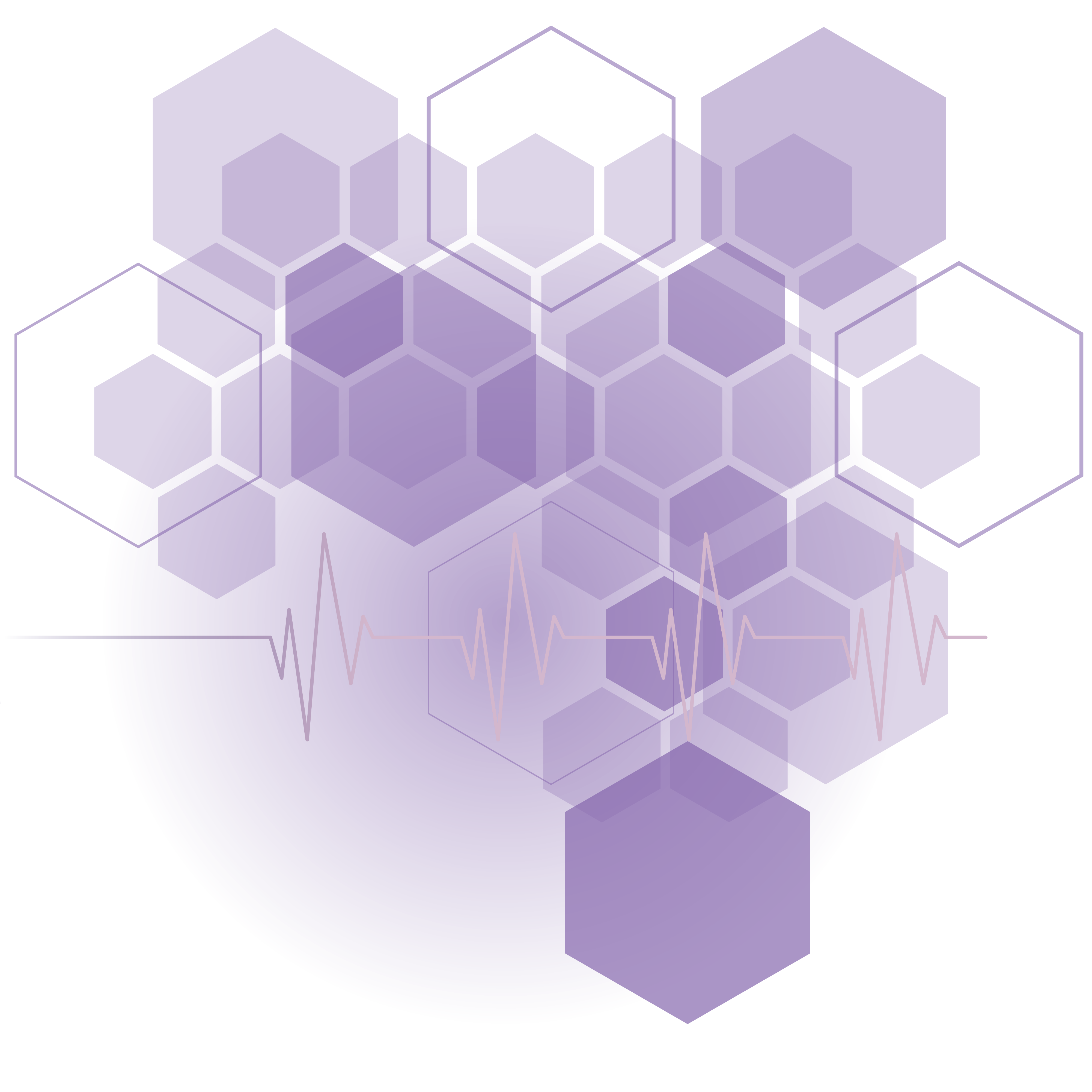
Update: ABMS Denies Application for New CV Board
Learn More


Recognizing the evolution of cardiology into its own specialty, a consortium of cardiovascular societies undertook an effort to create a new American Board of Cardiovascular Medicine focused on sustaining professional excellence and providing cardiovascular patients with the utmost confidence in their care. Learn about the 15-members who make up the ABCVM Board of Directors.